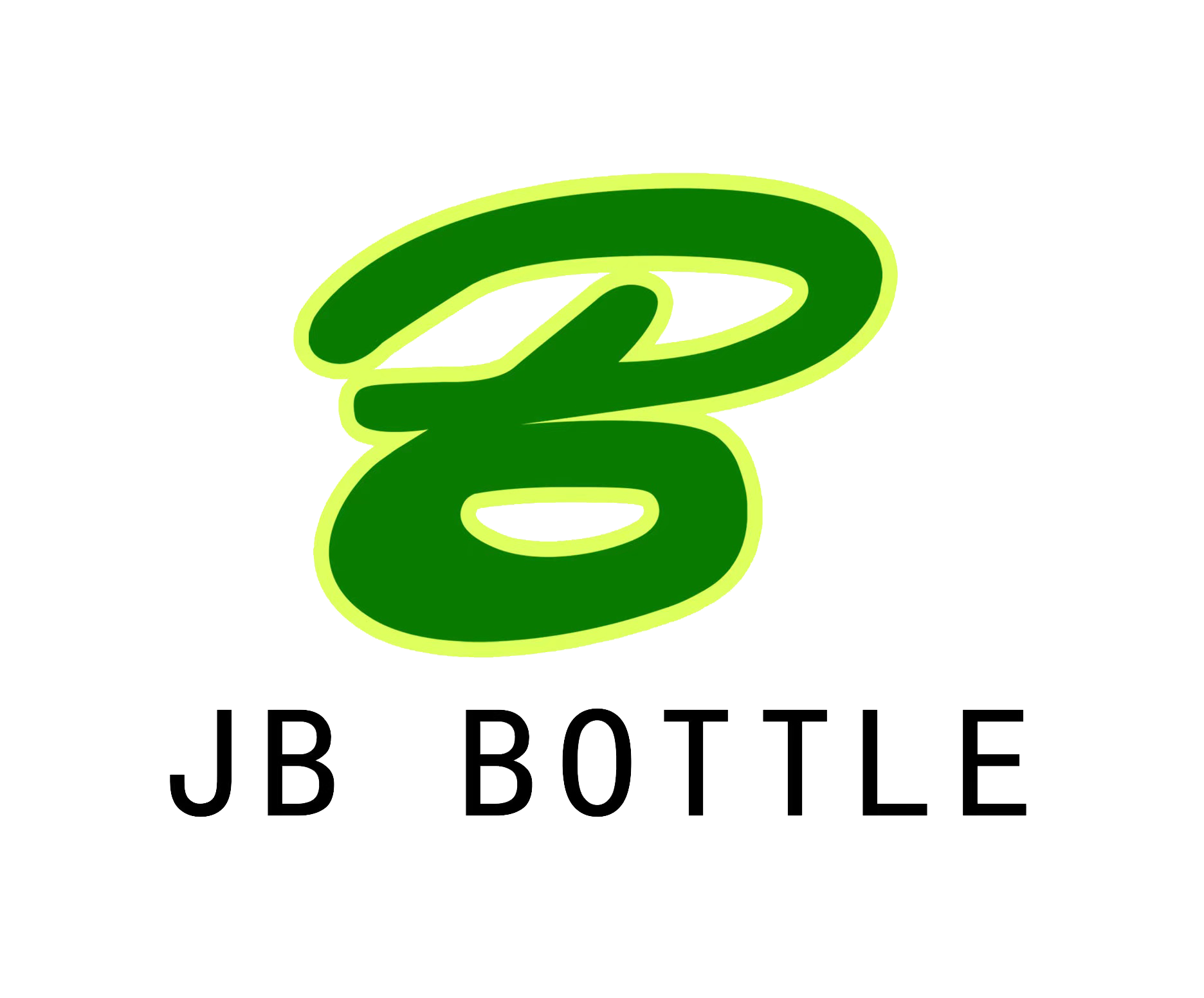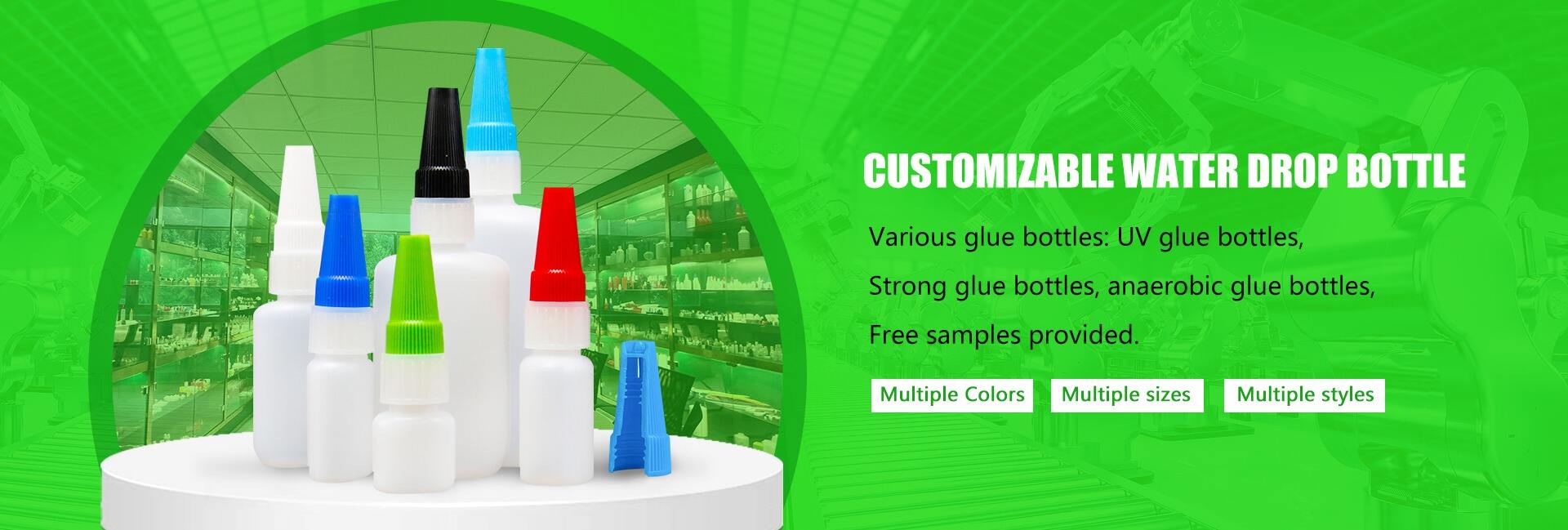High - Quality Bulk Plastic Bottles: Customize for Diverse Industries
Benefits of Bulk Plastic Bottles for Industrial Applications
Cost-Effective Packaging Solutions
Bulk purchasing of plastic bottles presents a cost-effective packaging solution for businesses, significantly reducing the per-unit cost. When companies buy in larger quantities, they often experience up to a 30% reduction in packaging costs. Moreover, cost-efficiency is further enhanced through minimized freight costs when shipping larger batches. Investing in bulk plastic bottles also provides businesses with better budget forecasting and stability in supply chain management. By planning ahead and securing inventory in bulk, businesses can ensure a consistent supply without the risk of price fluctuations, ultimately providing a reliable framework for operational efficiency.
Durability and Chemical Resistance
Industrial-grade plastic bottles are engineered for long-lasting durability and exceptional chemical resistance. Materials such as HDPE and PET are highly effective for industrial applications, offering substantial resistance against impacts and various chemicals, which ensures product safety during handling and storage. For instance, certain plastic formulations can withstand temperature fluctuations without degrading, thus enhancing the longevity of the bottles used. This level of resistance not only minimizes product loss due to leaks or spills but also enhances customer satisfaction as products maintain their integrity during shipment. Such durable plastic bottles act as a safeguard against potential damage or contamination, providing peace of mind in industrial environments.
Lightweight Design for Logistics Efficiency
The lightweight design of plastic bottles contributes to significant logistics efficiency by reducing shipping weights, which facilitates greater fuel efficiency during transportation. Businesses can notably reduce costs associated with warehousing and optimize storage space by utilizing lighter packaging products. Additionally, the ergonomic benefits of lightweight bottles are evident in increased handling efficiency, as they reduce worker strain during packaging and shipping processes. Studies have demonstrated that reducing the weight of packaging can lead to a decrease in carbon emissions by up to 15%, aligning with environmental targets and sustainability efforts. These advances in packaging contribute toward not only economical operation but also ecological responsibility.
Customization Options for Specialty Bottles
Material Selection: PET, HDPE, and Recycled Polymers
When selecting materials for specialty bottles, businesses have several options, each offering unique benefits tailored to different needs. Polyethylene terephthalate (PET) is favored for its clarity and strength, making it ideal for showcasing the product and ensuring durability. High-density polyethylene (HDPE) stands out due to its toughness, providing excellent protection for products requiring increased durability. The use of recycled polymers aligns with sustainability goals, offering cost savings while promoting eco-friendliness. These materials offer customization in colors and finishes, aiding businesses in enhancing their branding and visibility in competitive marketplaces.
Sprayer Types: Continuous Spray & Squeeze Bottle Mechanisms
The type of sprayer mechanism chosen for specialty bottles can significantly influence user experience and product effectiveness. Continuous spray bottles are known for delivering a fine mist, which is particularly useful in beauty and cleaning applications, enhancing the usability of such products. On the other hand, squeeze bottles offer targeted dispensing, making them suitable for more viscous products like sauces or creams. Understanding these mechanisms allows businesses to customize their offerings to meet the diverse needs of their target audience, ultimately improving customer satisfaction and product performance.
Industry-Specific Modifications (Childproof Caps, Tamper Seals)
In industries like pharmaceuticals and cosmetics, customization options such as childproof caps and tamper-evident seals are essential for ensuring safety. Childproof caps prevent accidental access, ensuring product safety, especially in households with children. Tamper-evident seals bolster product security, giving consumers confidence in the integrity of the product they purchase. These modifications not only meet regulatory requirements but also serve as differentiators in a competitive market. By incorporating features that enhance safety and security, businesses can strengthen their marketing strategies and influence consumer purchasing decisions positively.
Industry-Specific Applications of Plastic Bottles
Pharmaceuticals: Medicine & Dropper Bottles
Plastic bottles play a critical role in pharmaceuticals, necessitating adherence to stringent regulations to ensure the safety and efficacy of medications. Dropper bottles, predominantly short bottles used for specific doses, are integral to enhancing dosage accuracy, which is vital in medical applications. Industry surveys have evidenced that patients prefer using plastic dropper bottles over glass alternatives due to their ease of use and safer handling. Packaging solutions that integrate PET or HDPE are widely favored in the pharmaceutical sector for their inert properties, effectively preventing chemical reactions with the medicine.
Food & Beverage: Sauce Dispensers and Bulk Liquid Storage
In the food and beverage industry, plastic bottles are indispensable for safely packaging sauces, oils, and other liquids, complying with rigorous health regulations. Bulk liquid storage solutions significantly enhance efficiency in food preparation contexts by enabling quick and easy dispensing of large volumes. Research shows that using recyclable plastic for food storage reduces environmental impact, bolstering sustainability efforts. Moreover, customizable designs allow brands to distinguish their products on retail shelves, potentially leading to increased sales through enhanced visibility and branding.
Cosmetics: Airless Pumps for Serums and Lotions
Airless pumps are essential in the cosmetics industry to prevent oxidation while extending the shelf life of products such as serums and lotions. This technology enhances user experience by providing precise dosing, reducing waste, and ensuring optimal usage. Market analyses indicate a growing demand for airless pumps as environmentally conscious consumers seek packaging solutions that align with their ecological preferences. Customization in design and materials can significantly improve brand image and cater to specific consumer preferences, driving brand loyalty and market competitiveness.
Agriculture: Chemical-Resistant Spray Bottles
Agriculture requires plastic bottles that are chemically resistant to safely store and dispense pesticides and herbicides. Such robust bottle designs minimize leakage and contamination, safeguarding environmental safety during application. Research underscores that appropriate packaging can dramatically reduce chemical exposure risks to both workers and consumers. Additionally, customization in agriculture includes ergonomic designs that facilitate prolonged application tasks, enhancing user comfort and efficiency during extensive agricultural activities.
Sustainable Manufacturing Practices
Closed-Loop Recycling Systems
Implementing closed-loop recycling systems in the production of plastic bottles is a crucial step toward sustainability. These systems ensure that plastic bottles are consistently reused and recycled, significantly reducing waste. Studies indicate that employing closed-loop recycling can cut the environmental impact of plastic production by up to 70%. Furthermore, businesses benefit economically by reusing materials, often experiencing lower costs in the manufacturing process. By adopting these practices, companies not only enhance their operational efficiency but also bolster their brand image as environmentally responsible entities.
Lightweighting Techniques for Reduced Material Use
Lightweighting techniques are revolutionizing the way plastic bottles are manufactured, offering significant reductions in material use. By implementing these techniques, manufacturers can decrease the plastic content by 20-30% per bottle, leading to a tangible reduction in overall plastic consumption. This approach not only helps in cutting down on raw material costs but also results in lower shipping expenses and a reduced carbon footprint. The adoption of lightweight designs is increasingly favored within the industry, providing both economic advantages and environmental benefits. As a result, they are becoming the standard, driven by rising demand for sustainable packaging solutions across various sectors.


